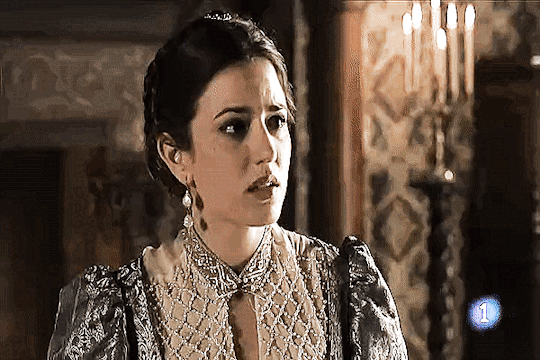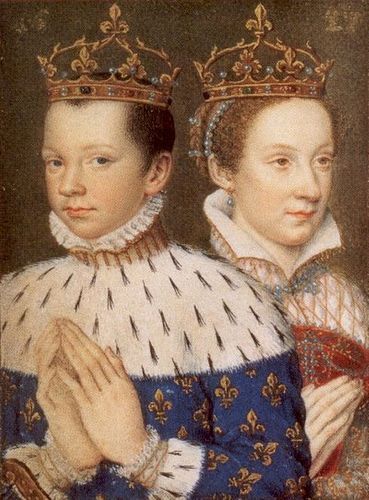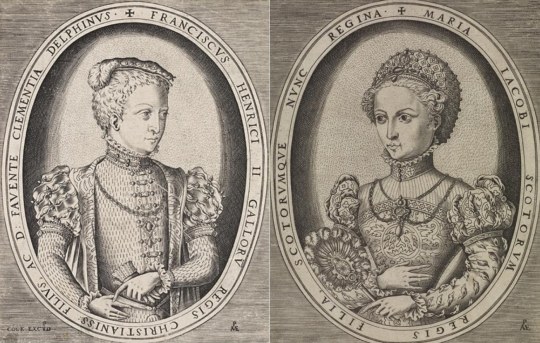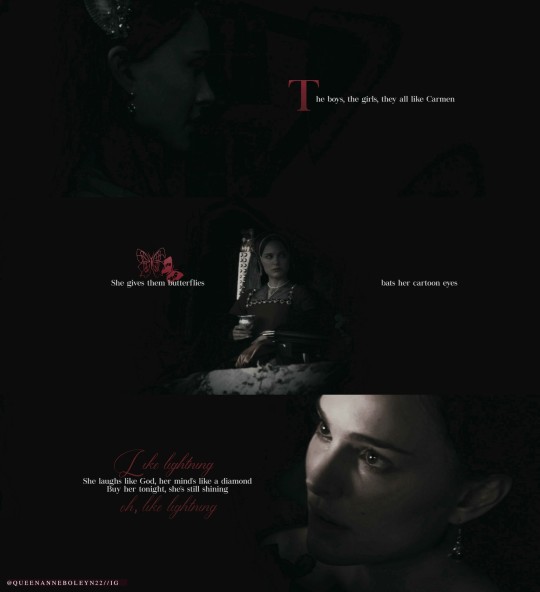#Brantôme
Explore tagged Tumblr posts
Photo

PERSONNAGE | Pierre de Bourdeille dit Brantôme, historien du XVIe siècle ➽ https://bit.ly/Brantome-Historien Brantôme est un des historiens modernes qui a le plus de charmes et le plus d’utilité. Ses récits sont un tableau vivant et animé de tout son siècle ; il en avait connu tous les grands personnages. Sa curiosité et l’inquiétude de son caractère l’avaient mêlé à toutes les affaires, comme témoin, si ce n’est comme acteur
3 notes
·
View notes
Text

Grand Hotel Chabrol in Brantôme, Périgord region of France
French vintage postcard
#postal#france#historic#french#ansichtskarte#brantme#prigord#grand#sepia#vintage#tarjeta#hotel#chabrol#briefkaart#grand hotel chabrol#photo#postkaart#ephemera#postcard#postkarte#brantôme#photography#périgord#region#carte postale
3 notes
·
View notes
Text

The Abbey of Brantôme 2024
2 notes
·
View notes
Text

Brantôme, Vies des dames galantes, t. III, éd. Londres 1779, p. 313
0 notes
Text

Lisle, Dordogne, Nouvelle-Aquitaine.
#Lisle#Canton of Brantôme en Périgord#Arrondissement of Périgueux#Dordogne#Nouvelle-Aquitaine#France
16 notes
·
View notes
Text

Pierre de Bourdeille Brantôme : Vies des dames galantes (1935)
art : Edmond Malassis
130 notes
·
View notes
Text




The English ambassador, Francis Bryan, sent a detailed description of the relations between Francis and Eleanor to Henry VIII. They were not a happy couple because “being both in one house, they lie not together once in four nights” and the French King “speaks very seldom unto her openly”. He also spent hours on end in his mother’s chambers and rushed to his mistress whenever he pleased. Two years later the King’s sister told the Duke of Norfolk that no man could be less satisfied with his wife than her brother, who failed to have sexual relations with his wife for seven months. When the stunned duke asked why, Margaret replied that it was “because he does not find her pleasing to his appetite”. Eleanor, Margaret continued unabashed, “is very hot in bed and desired to be too much embraced”, causing Francis to shun her company. Perhaps one of the reasons for Francis’s distaste was Eleanor’s appearance. Brantôme wrote that he heard rumours that “when she was dressed, she seemed a very beautiful princess of rich and beautiful height, but when she was undressed, the height of her body appeared so long one would have believed that she was a giant, but so short were her legs and thighs, she made one think of a dwarf”. Whatever she looked like, the new Queen of France found life at court difficult. Her relationship with Francis turned sour, she had to compete for his affection with his mother and mistress and even his erudite sister, who seemed kind and approachable, favoured Anne de Pisseleu, with whom she shared similar interests in literature and religion. Margaret, it seemed, preferred the company of her mother and Francis’s mistress to that of Eleanor’s.
Sylvia Barbara Soberton, Golden Age Ladies: Women Who Shaped the Courts of Henry VIII and Francis I
#eleanor of austria#leonor de austria#francis i#francois of france#marguerite de navarre#marguerite d'angoulême#french history#carlos rey emperador
39 notes
·
View notes
Text


24th April 1558 saw Mary Queen of Scots marry the French Dauphin, François de Valois, at Notre Dame in Paris.
In 1548 five-year-old Mary was sent to her grandmother Antoinette of Guise in France, where her Scottish entourage was considered appallingly barbarous and swiftly got rid of, she was then brought up as a Catholic Frenchwoman.
French became her first language, she always called herself Marie Stuart and she loved dancing and hunting. She grew up delightfully charming, graceful and attractive, the French fell in love with her and Henry II of France resolved to marry her to his son and heir, the sickly dauphin Francis.
A marriage treaty was signed with the Scots, which provided that Scotland and France should eventually be united under Mary and Francis as one kingdom. There were also secret agreements, which the youthful and inexperienced Mary signed, that would have made Scotland a mere adjunct of France.
Mary was fifteen and Francis fourteen when they were married on this day in 1558, with spectacular pageantry and magnificence in the cathedral of Notre Dame, Paris, by the Cardinal Archbishop of Rouen, in the presence of Henry II, Queen Catherine de’ Medici, the princes and princesses of the blood and a glittering throng of cardinals and nobles.
The Duke of Guise was master of ceremonies. Mary in a white dress with a long train borne by two young girls, a diamond necklace and a golden coronet studded with jewels, was described by the courtier Pierre de Brantôme as ‘"a hundred times more beautiful than a goddess of heaven … her person alone was worth a kingdom.’ The wedding was followed by a procession past excited crowds in the Paris streets to a grand banquet in the Palais de Justice with dancing far into the night.
Mary became Queen of France when Henry II died the following year, but Francis died prematurely in 1560. Whether the marriage was ever consummated is uncertain. Mary’s mother also died in 1560 and it suited the French to send her back to Scotland and claim that she was the rightful queen of England as well.
She would eventually meet political and romantic disaster in Scotland, enduring years of imprisonment in England where, too dangerous a threat to Elizabeth’s throne, Mary was executed in 1587, at the age of forty-six.
22 notes
·
View notes
Text

FLORAISON.
Brantôme.
8 notes
·
View notes
Text

"Anne was particularly admired for her exquisite taste and the elegance of her dress, earning her the praise of Pierre de Brantôme, a seasoned courtier, who noted that all the fashionable ladies at court tried to emulate her style, but that she possessed a ‘gracefulness that rivalled Venus’. She was, he concluded, ‘the fairest and most bewitching of all the lovely dames of the French court.’ By the time that Anne returned to England in 1522, she had blossomed into an attractive young woman. Her slim, petite stature gave her an appealing fragility, and she had luscious dark brown hair, which she grew very long. Her most striking features, though, were her eyes, which were exceptionally dark and seductive, ‘inviting conversation."
#perioddramaedit#anne boleyn#the tudors#history#lana del rey#edit#natalie portman#tobgedit#tobg#historical#historyedit#tudor england#tudor era#tudorerasource#carmen#ldredit#perioddramacentral#tudor period#philippa gregory#anneboleynedit#henry viii#tudor dynasty#tudor#aesthetic#Graphic#queen anne boleyn#eric bana#period drama
72 notes
·
View notes
Text



Brantôme (2) (3) by ROCHET ERIC
11 notes
·
View notes
Text

Ambroise Paré, né vers fin 1509 ou 1510, près de Laval (Maine) et mort le 20 décembre 1590 à Paris, est un chirurgien et anatomiste français.
Ambroise Paré est traditionnellement considéré par les historiens comme protestant. Certains autres voient en lui un catholique tolérant.
La version traditionnelle repose sur une concordance de témoignages. Celui de Brantôme, un catholique contemporain de Charles IX, et celui de Sully un protestant. Tous deux rapportent, entre autres, que lors du massacre de la Saint-Barthélemy, Ambroise Paré a trouvé refuge chez le roi Charles IX qui l’a dissimulé dans sa propre chambre. Ambroise Paré était donc tenu pour protestant à l’époque.
Ambroise Paré a fait progresser la chirurgie, notamment par la préférence qu'il donna à la ligature des artères sur leur cautérisation après les amputations, par la suppression de l'huile bouillante dans le traitement des plaies par armes à feu et par les prothèses qu'il inventa ou perfectionna. Il a également amélioré le traitement de la lithiase urinaire (maladie couramment dite « la pierre »), même si, en cette matière, il a beaucoup emprunté sans le dire à Pierre Franco50.
2 notes
·
View notes
Text

Brantôme (env. 1540-1614), Vies des dames galantes, t. III, éd. Londres 1779, p. 312 (--- > p. 313)
--- >
0 notes
Quote
Anne was particularly admired for her exquisite taste and the elegance of her dress, earning her the praise of Pierre de Brantôme, a seasoned courtier, who noted that all the fashionable ladies at court tried to emulate her style, but that she possessed a 'gracefulness that rivalled Venus'. She was, he concluded, 'the fairest and most bewitching of all the lovely dames of the French court'.
Tracy Borman in The Private Lives of the Tudors, quoting from Strickland, A., Lives of the Queens of England (London, 1851), Vol. II, p.572
37 notes
·
View notes
